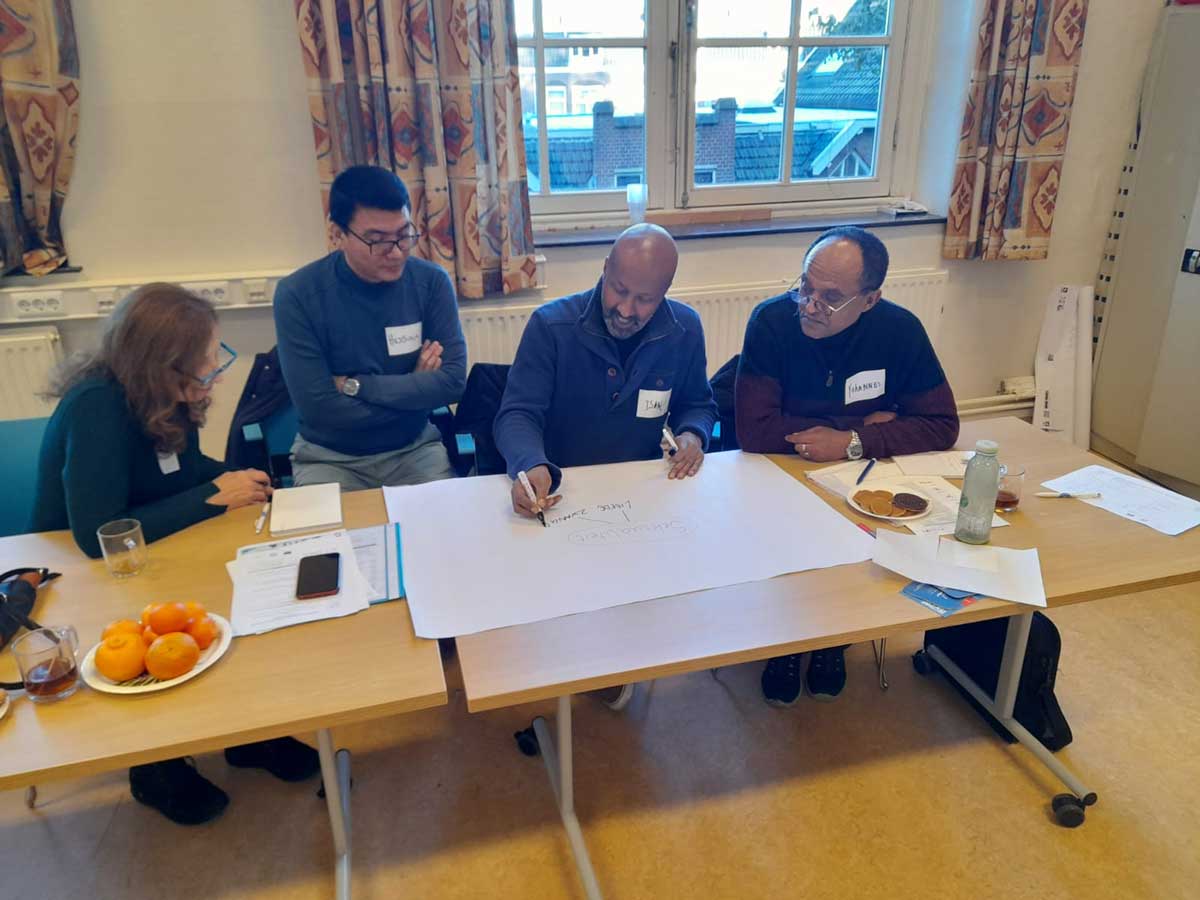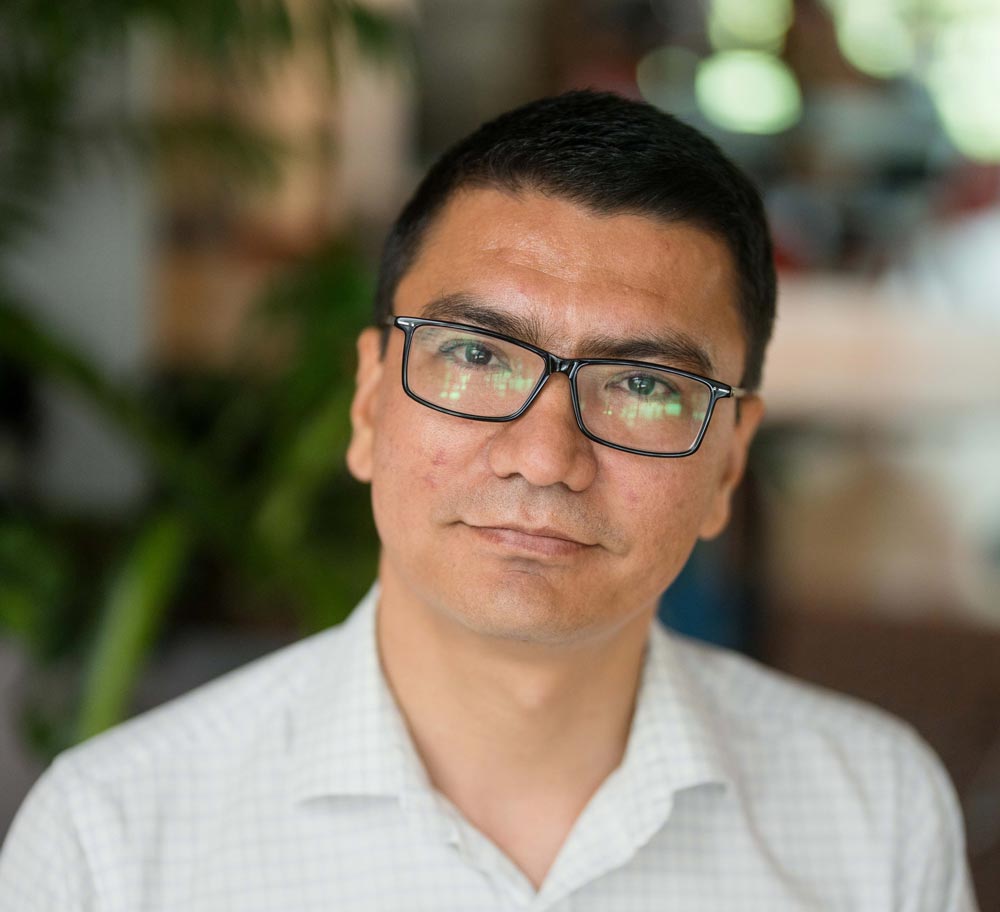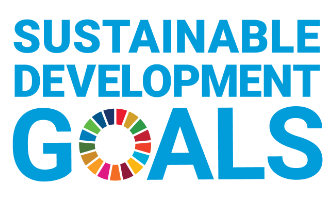Trigger warning: this text is about sexual and gender-based violence.
Meet Hussain: a driven professional from Rotterdam who supports newcomers finding their way in a new country. Hussain is part of a team of sixteen cultural mediators in the SAMEN project, which aims to make support services more accessible to migrant survivors of sexual and genderbased violence. Cultural mediators, qualified professionals with a migrant background, play a crucial role in doing so. Through their shared migrant background, cultural mediators bridge cultural differences between migrant survivors and service providers in the Netherlands. In this interview, Hussain elaborates on his experiences working as a cultural mediator.
 Hussain and other members of the SAMEN team during a training session
Hussain and other members of the SAMEN team during a training session
Hi Hussain, thank you for meeting us. Could you please introduce yourself?
“My name is Hussain. I am a psychologist from Afghanistan, and I moved to the Netherlands three years ago. I have worked as a trainer, mental health counselor, and translator in different settings in Afghanistan for fifteen years. I am now volunteering as a cultural mediator for the SAMEN project in Rotterdam.”
What motivated you to become a cultural mediator?
“I am a migrant myself and have faced many challenges in the asylum procedure. Like me, I have seen other migrants who face similar challenges. Many people suffer from traumas or other psychosocial problems but are struggling to find support and adjust to a new culture. I think that I can help fellow migrants due to my personal experiences, so I decided to become a cultural mediator with the SAMEN project.”
What kind of situations do you encounter in your work as a cultural mediator?
“I speak to many migrants who deal with various challenges. Firstly, the asylum procedure often goes hand in hand with uncertainty about livelihoods and the future. The procedure itself can be a big stressor, since the uncertainty triggers confusion, anxiety, and depression. Moreover, many migrants have escaped from war and conflict zones and carry traumas that come to the surface as they settle in the Netherlands. Lastly, detached from familiar culture and costums and distanced from family members and loved ones, loneliness also causes stress. Many individuals turn to unhealthy habits in trying to deal with stress. They start smoking or drinking to cope with negative emotions. I have seen groups of young men who occasionally start smoking to feel better. After some time, this coping mechanism turns into an expensive bad habit.”
As a cultural mediator, I imagine you hear many stories from fellow immigrants. Is there a story that has stuck out to you?
“The story of an Afghan woman. I was told that she suffered from panic attacks, and no one could help her because she does not know any languages other than Farsi. The woman suffered from severe trauma after experiencing sexual and domestic abuse as an adolescent. She could not access support on short notice due to lengthy waitlists.
As a cultural mediator, I listened, provided emotional support, and helped her to gain confidence. I connected her to local communities and encouraged her to engage in social activities to feel less lonely. Through other organizations, I found volunteers who guided her through basic language lessons, and she started to learn about the Dutch culture. I also assisted her to better communicate with her doctor and to find a psychologist. All these activities helped her to feel better after a few months. She no longer suffered from panic attacks, she was in a much better mood, her physical complaints disappeared, and she felt more independent. After these months, she started seeing a psychologist as well. However, she struggled to connect with them as there was no foundation of trust and a language barrier, making it challenging to open up.”
Your support sounds invaluable. It also makes me wonder what the difference is between a cultural mediator and a healthcare professional. Can you tell me more about this?
“Providing healthcare to migrants from a culture other than yours is a difficult task. Language barriers can complicate psychosocial treatment, and, while speaking the language helps, establishing a connection is key and often more easily achieved when there is a shared cultural background. Therefore, recognizing cultural diversity is crucial for healthcare professionals.
Cultural mediators play a vital role in bridging these cultural gaps, providing linguistic and cultural understanding to enhance psychosocial support. However, as a cultural mediator, you do not provide any treatment. Instead, you connect individuals to relevant support services. This support can be more than professional psychosocial support: you can also refer to organizations which offer legal assistance, language learning, financial assistance, and recreational, sport, cultural awareness activities, occupational and volunteer activities.”
Your work sounds incredibly valuable Hussain. I see how cultural mediators like yourself are a trustworthy first point of contact for people who just arrived in a new country. The guidance you offer sounds like a great start for newcomers to build a social and healthy life in the Netherlands. What would be your advice for other professionals?
“Know what the common health problems for migrant groups are. Be aware of where they come from and what they could have experienced, but also be aware of your own prejudices about other cultures. It is important to avoid making assumptions based on appearance or cultural background. At the same time, it is important to understand that newcomers might have limited knowledge about mental health. Therefore, the starting point should be to provide information on what mental health entails. Secondly, make use of cultural mediators, since they have a lot of knowledge and cultural understanding. Moreover, they can provide support in the patient's mother tongue. There are many valuable resources available to expand your knowledge in this area.”

Listen to Hussain's Story
English
Français
العربية
دری
ትግርኛ ፊደል
Af-Soomaali
Listen to Hussain's Story
English
Français
العربية
دری
ትግርኛ ፊደል
Af-Soomaali
Read Hussain's interview in other languages:


Co-funded by the European Union. Views and opinions expressed are however those of the author(s) only and do not necessarily reflect those of the European Union or DG JUST. Neither the European Union nor the granting authority can be held responsible for them.



